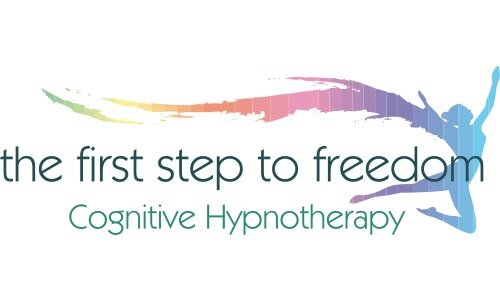Change Your Undesirable Habits and Break Free from Addiction
Habits are choices we make each day that form our routines, and can sometimes lead to addiction. Habits develop over time as we learn to navigate who we are as people and what we like and dislike. These behaviours impact our health, productivity, financial security and happiness, and are estimated to comprise more than 40% of the actions we perform each day according to Charles Duhigg, author of The Power of Habit.
Most habits such as turning the coffee machine on after our morning shower, or cleaning our teeth before bed, are harmless and actually productive or good for our wellbeing. On the other hand, biting your nails at your desk, eating a bag of chips while watching TV or pouring a glass of wine when you get home from work, could have a different purpose such as to relieve stress, help you relax after a busy day or serve as a reward for working hard. While these habits start off harmlessly, they can soon lead to an addiction that can be detrimental to your health, relationships, financial stability, and overall mental wellbeing.
““All our life, so far as it has definitive form, is but a mass of habits” ”
Understanding Addiction
An addiction refers to a problematic use of substances such as alcohol, prescription and recreational drugs, gambling and food (overeating and undereating disorders). Addictions are complex and range from mild (feeling hungover and being late for work) to severe (homelessness and debilitating illnesses). Cravings, and the feelings of ‘I must have it’, can lead to compulsive and out of control behaviours that neglect the amount and frequency of addictive behaviour or consumption, despite the consequences.
There are various reasons why people abuse substances, such as to feel good, to feel better and to perform better. While on one hand these behaviours serve a purpose, on the other hand they can have harmful consequences and take over people’s lives, impacting judgment, decision making, learning, memory and emotional control.
How I can help
Effective treatments such as Cognitive Hypnotherapy, can help you change habits and recover from addiction by re-wiring and re-educating your brain so it no longer believes the desired behaviour or ‘substance’ is necessary for self-soothing.
Cognitive Hypnotherapy aims to change unhealthy and destructive behaviours into more desirable behaviours, enabling you to lead a happy and productive life. In addition, you’ll learn tools and techniques to help you manage habits and cravings, so you can begin to live your best life.

